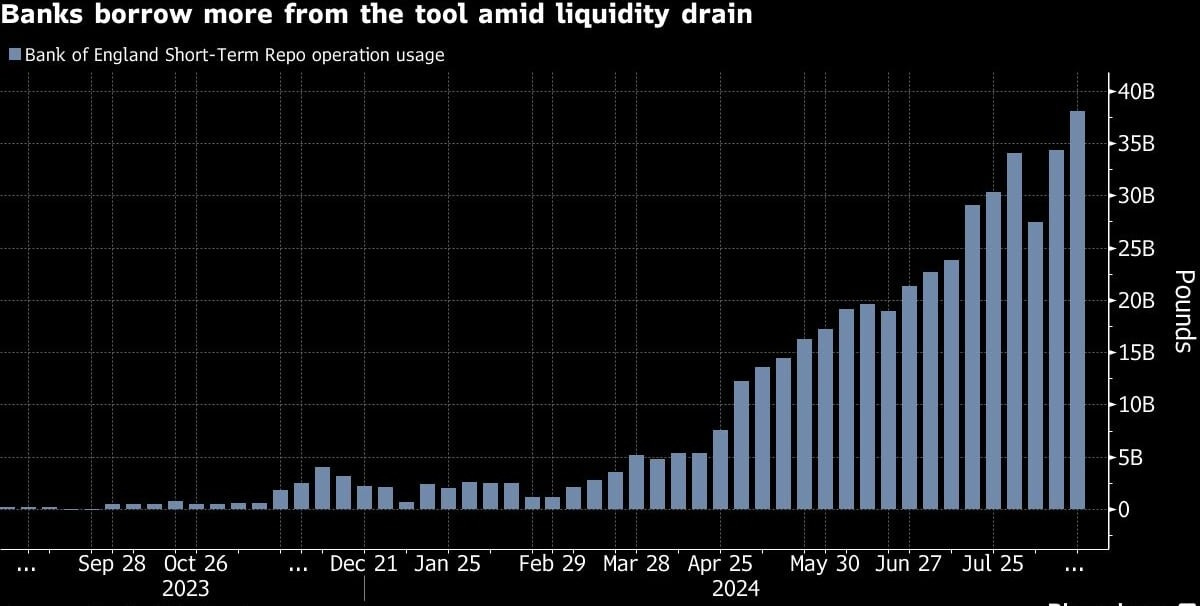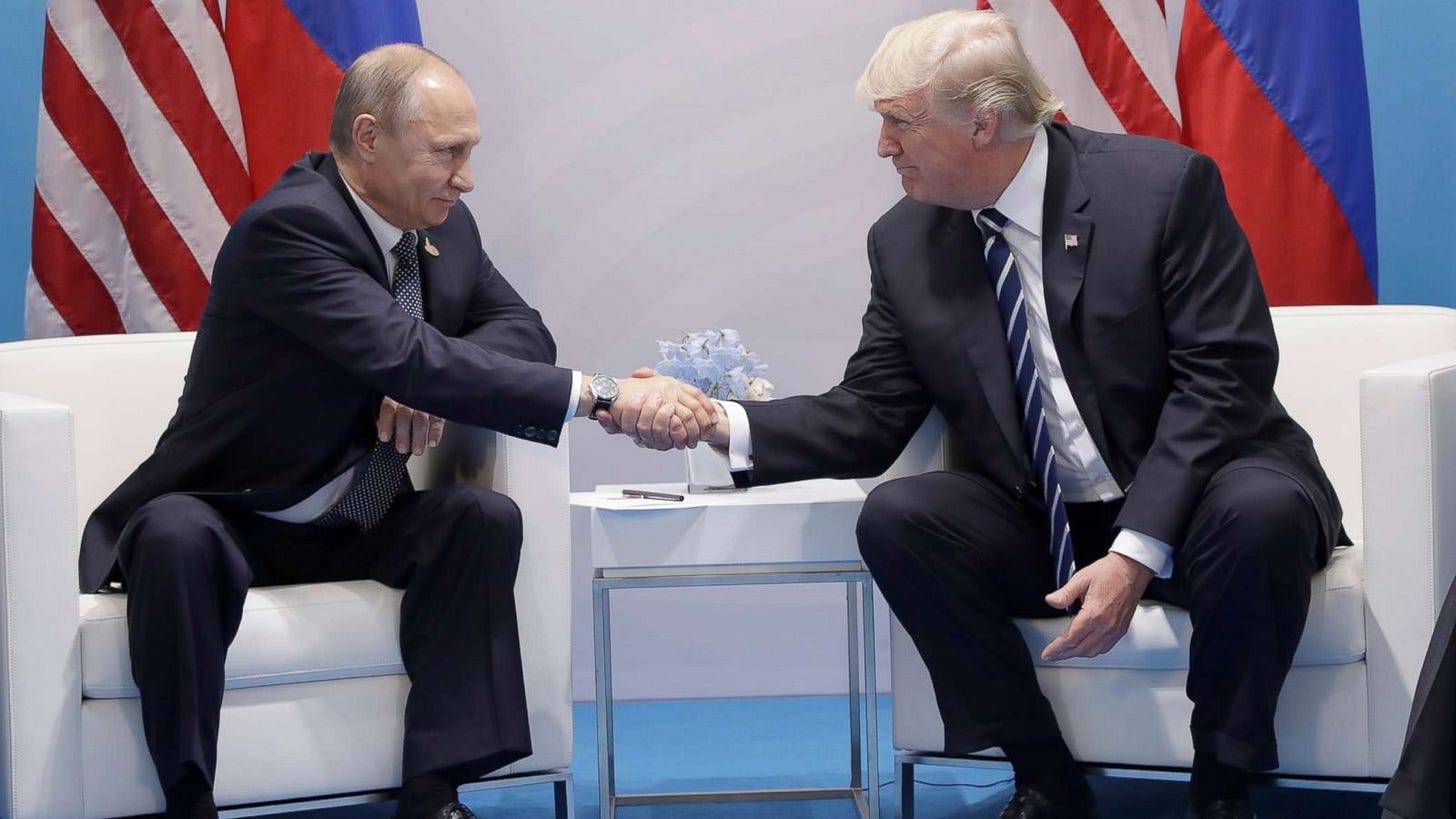Alex Krainer on Syria, Global Geopolitics, and Economic Trends
The Situation in Syria and Russia's Strategic Maneuvering
The interview from Capital Cosm delved deeply into the ongoing situation in Syria, examining its implications for global powers. Alex Krainer shared his perspective on the Russian strategy in Syria, suggesting that the decision to disband Syrian troops may have been rooted in a calculated move to rely on time and attrition. "I think the time will tell," he remarked, emphasizing the uncertainty of the long-term outcomes. Regarding Russia's geopolitical stakes, Krainer highlighted their adaptability: "Potentially, yes," he conceded about Russia's risk of losing its warm water port at Tartus, but quickly added, "It's not a loss that they cannot recover."
Krainer also discussed the broader strategic framework involving alliances such as Iran's network and proxies like Hezbollah. He suggested that Syria might become a "trap for the U.S.," drawing in resources and destabilizing Western interests. He elaborated on the West's motivations, including securing Israel, countering Iran, and facilitating energy routes like pipelines from Qatar. However, these efforts come with risks. "These Jihadi groups," he pointed out, "are largely mercenaries," implying their potential to switch allegiances if incentivized. The situation, according to Krainer, is part of a larger effort by Russia, Iran, and China to "eject Western interests from the Middle East."
The West's Challenges and Historical Context
Expanding on the strategic dilemma, Krainer drew parallels between the West's involvement in Syria and the Soviet Union's entanglement in Afghanistan. He described the current situation as a potential "bone that they're going to choke on," a trap akin to the one that led to the USSR's collapse. Reflecting on the Wolfowitz Doctrine of 1993, which sought to maintain U.S. unipolar dominance, Krainer observed that this ambition has faltered over time: "Are they closer to securing the realm... or are they farther away from it? I look around, and they're light-years farther away."
Krainer pointed out several setbacks for Western powers, such as Russia's resurgence, China's rise, and the inability to destabilize Iran. He cited the conflict in Ukraine as a pivotal loss for the West, declaring, "They're not losing it; they already lost it." These developments underscore a broader decline in Western dominance, he argued, while positioning Syria as a key battleground that could further drain resources and undermine long-term strategic objectives.
Economic Implications: Energy, Commodities, and Currency Trends
The economic dimensions of the geopolitical conflict were another focal point. Krainer predicted prolonged instability in the Middle East, which could result in "much higher energy prices over the coming years." He foresaw potential disruptions in oil supplies and spillover effects into neighboring regions, increasing volatility in global markets. Reflecting on energy and currency dynamics, he stated, "I would say further decline of Western currencies, especially the Euro, the Yen, and the British Pound," while anticipating that the U.S. dollar might fare better in relative terms.
Krainer elaborated on the impact of geopolitical turbulence on commodities and equities. With currencies losing purchasing power, he predicted increased investment in commodities like gold, silver, and energy. He remarked, "Commodity markets are much, much smaller than equity and treasury markets, and so they're going to be crowded." Industrial metals and soft commodities, such as coffee and cocoa, were identified as likely beneficiaries. He also discussed the potential for a "crack-up boom" in equities, driven by liquidity injections as central banks backstop systemic losses.
The UK’s Financial Outlook and Hyperinflation Risks
The interview also addressed the UK's precarious financial situation. Krainer reiterated his belief that the UK remains at risk of a debt crisis but clarified, "I don't think they're going to collapse as in a depression." Instead, he suggested the Bank of England's intervention in the repo market has temporarily stabilized the system. "Within five weeks," he noted, "the British repo market grew to over 50 billion British pounds." However, Krainer warned of stagflation and the risk of hyperinflation, potentially a couple of years away.
He attributed the UK's challenges to broader global financial pressures, where rising inflation and central bank actions are intertwined with geopolitical uncertainties. While acknowledging temporary measures to stave off collapse, he underscored that structural issues remain unresolved, particularly as global economic shocks ripple through.
Trump, the Deep State, and Potential False Flags
Shifting to U.S. politics, Krainer reflected on Donald Trump’s recent messaging regarding Syria. He described Trump’s rhetoric as strategic, aimed at appeasing both his voter base and the deep-state establishment. "He has to manage their expectations," Krainer suggested, highlighting the precariousness of the situation. He also warned of potential false flag events, speculating about the possibility of a "high casualty false flag attack between now and January 20th" orchestrated by deep-state actors in the UK or U.S. to escalate global conflict.
Krainer underscored the stakes for Trump, noting, "The most immediate danger is actually surviving to inauguration and being inaugurated." He portrayed the former president as trying to balance competing interests while signaling his willingness to maintain continuity with the existing power structures, at least temporarily.
A Message to Our Amazing Readers
Thank you for diving into this deep and thought-provoking exploration of global events and economic dynamics. We’re thrilled to have you as part of our community—your curiosity and engagement drive us to bring you more compelling content like this.
If you found this article insightful, here’s how you can help us grow and continue this journey together:
Give us a thumbs up to let us know we’re on the right track.
Subscribe to our platform to stay ahead of the curve with expert insights and exclusive interviews.
Share this article with friends, colleagues, or anyone passionate about understanding the world’s big picture.
Your support means everything to us. Every like, share, and subscription helps us bring you more content that matters. Let’s grow this community of thinkers and changemakers together.
Stay tuned for more, and thank you for being the best part of our journey! 🌟









